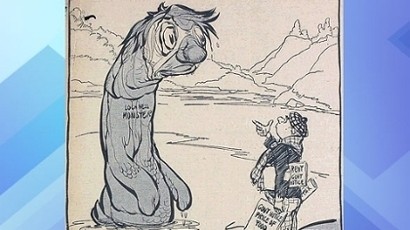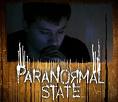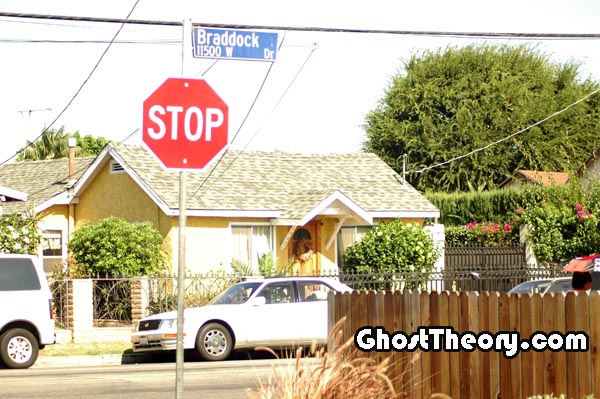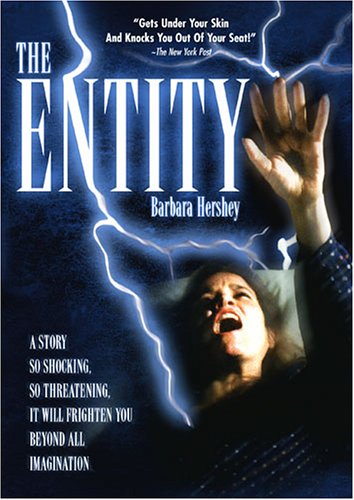Sightings in the early 30s of the supposed monster of Loch Ness, prompted the head of police to write a letter to the minister.
William Fraser, chief constable of Inverness-shire Constabulary, warned that they were not prepared to protect the creature, from “monster hunters”.
Full source: STV News
The Loch Ness Monster’s existence was “beyond doubt” according to the head of Highland police in a letter he wrote 70 years ago.
The typed note by William Fraser – then the chief constable of Inverness-shire Constabulary – is one of a number of files recently uncovered by the National Archives of Scotland.
In the letter, addressed to the Under Secretary of State at the Scottish Office, Mr Fraser said: “That there is some strange creature in Loch Ness seems now beyond doubt, but that the police have any power to protect it is very doubtful.”
Mr Fraser went on to tell the minister that a London couple Peter Kent and Marion Stirling were determined to catch the monster “dead or alive” and had even fashioned a special weapon to do so.
He wrote: “Mr Peter Kent visited Fort Augustus on Friday, August 12, and was seen there by my officer stationed at Fort Augustus, to whom he stated that he was having a special harpoon gun made and that he was to return with some 20 experienced men on August 22 for the purpose of hunting the monster down.”
He added: “I have, however, caused Mr Peter Kent to be warned of the desirability of having the creature left alone, but whether my warning will have the desired effect or not remains to be seen.”
Fiver years earlier In 1933, The Scottish Officer were asked to confirm the existence of a ‘monster’ or ‘sea serpent’ in Loch Ness following a number of alleged sightings and the publication of articles and grainy photographs by newspapers.
A parliamentary question was tabled in the House of Commons asking whether, in the interests of science, an investigation would be made into the existence of the monster. The question was ridiculed by the press at the time.
Whilst sceptical, ministers and civil servants proposed that reliable observers could be stationed around the loch equipped to take photographs.
If the monster’s existence was then proved, it was proposed the next step would be to trap it without injury – a difficult task given the size and depth of Loch Ness.
A spokesman for the National Archives of Scotland stated: “In the end it was felt that as the monster provided public interest and amusement, it would be better to let it continue to do so than to kill it, or the tales told about it.
“However, this did not stop monster hunters from frequenting the shores of Loch Ness in the hope of seeing the monster, capturing or killing it.”
This action prompted the Chief Constable’s letter to the minister, warning that the police were in no position to protect the creature.
The government file on the Loch Ness Monster, including the chief constable’s letter, features in the Open Secret exhibition at the archives in Edinburgh.





